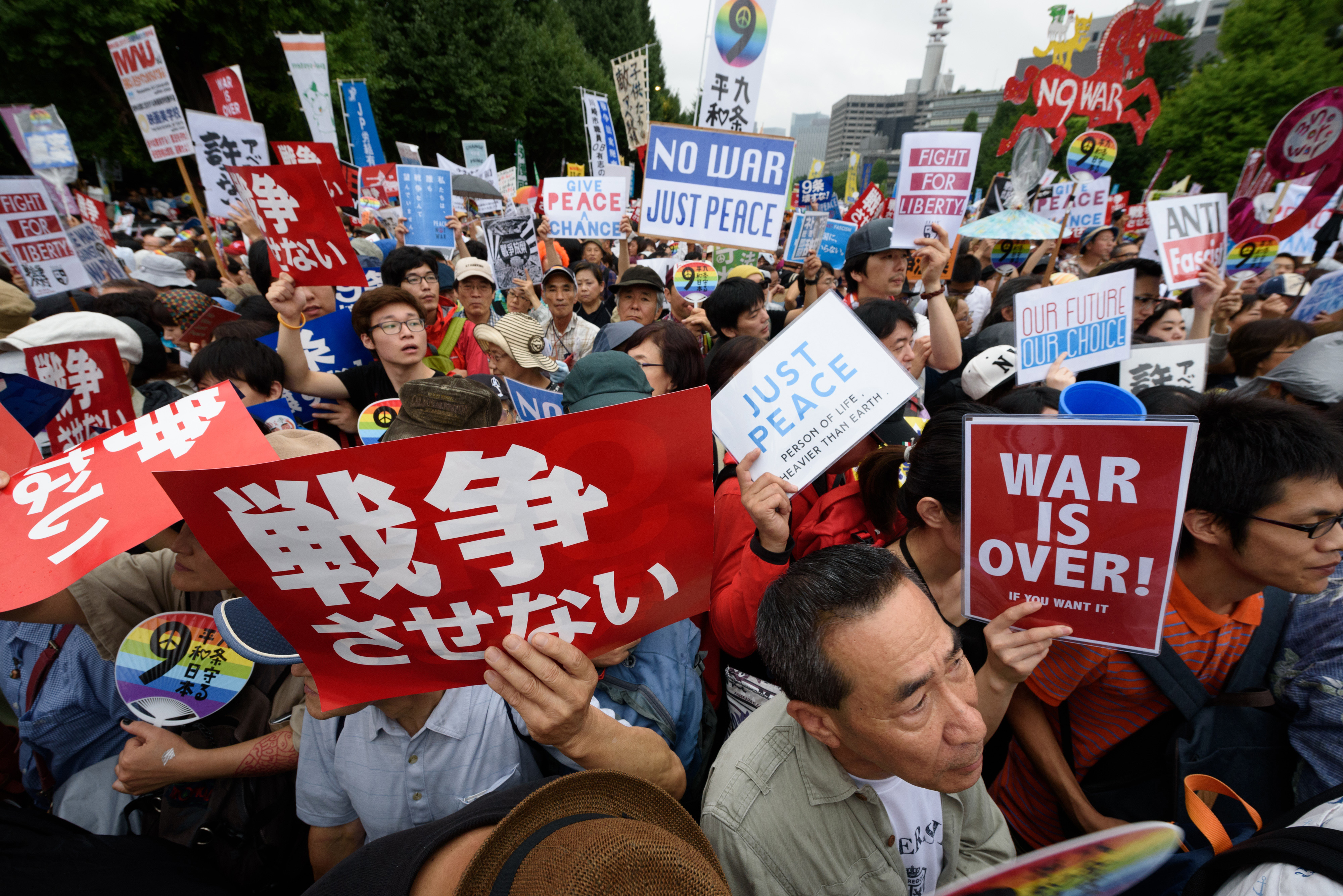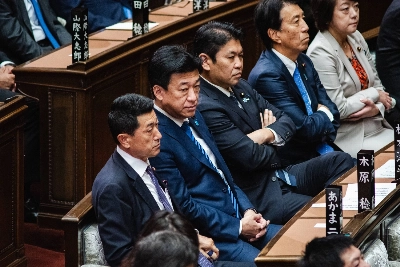In September, public broadcaster NHK aired a documentary that recounted the news events from the capital this summer. One of the segments focused on the continuing protests led by college students in central Tokyo against the controversial security bills the ruling Liberal Democratic Party had yet to pass. It was followed by a different one about demonstrations carried out in Shinjuku Ward by young people who supported the security bills.
The two stories were given equal time, even though the central Tokyo protests were ongoing and involved thousands of people while the demonstration in Shinjuku was a one-off event attended by several hundred people. Parity seemed to be the purpose. NHK probably felt it could only mention the anti-government protests if it also included something that was pro-government.
This interpretation of "neutrality" is at the heart of the feud between the Liberal Democratic Party and the Broadcasting Ethics and Program Improvement Organization (BPO), a third party panel launched in 2003 and funded by all Japanese broadcasters, including NHK, to monitor broadcast practices. Last month, the BPO criticized the government for "pressuring" NHK with a reprimand over an alleged staged interview that happened on its news program, "Closeup Gendai," in May 2014. Though the BPO has also criticized NHK for the same interview, it felt that the LDP was exploiting its position of power for purposes of intimidation.



















With your current subscription plan you can comment on stories. However, before writing your first comment, please create a display name in the Profile section of your subscriber account page.